In a groundbreaking development that blurs the lines between neuroscience and quantum physics, researchers at the NeuroQuant Institute have unveiled the Alzheimer’s Quantum Pod, a revolutionary device designed to reactivate lost memories in patients with Alzheimer’s disease. The technology, which leverages the principles of quantum entanglement, has sparked both excitement and ethical debates within the scientific community.
The concept behind the Quantum Pod stems from the idea that human memories might exist in a quantum superposition state—simultaneously present and absent—until observed or recalled. By creating an entangled system between the patient’s neural pathways and an external quantum processor, the device attempts to "collapse" these superpositioned memories back into a retrievable state. Early trials have shown unprecedented success, with some patients recalling vivid details from decades-old events that were previously inaccessible.
Dr. Elara Voss, lead researcher on the project, describes the process as "reweaving the fabric of memory." "We’re not just retrieving data from a damaged hard drive," she explains. "We’re coaxing the brain to recognize that these memories still exist in some form, entangled with its present state." The team’s findings, published in the journal Quantum Cognition, detail how targeted electromagnetic pulses synchronized with quantum bits (qubits) can trigger neural pathways associated with specific lost memories.
Critics, however, urge caution. The Heisenberg uncertainty principle poses a significant challenge: the act of observing quantum states inherently alters them. Some neuroscientists argue that the "reactivated" memories may be reconstructions rather than true retrievals, potentially creating false narratives. Ethical concerns also arise regarding consent—advanced-stage Alzheimer’s patients may not fully comprehend the implications of having deeply buried memories forcibly brought to the surface.
Despite these concerns, the technology’s potential is undeniable. Case studies include a 72-year-old former pianist who, after three sessions in the Quantum Pod, suddenly recalled the sheet music of a sonata she’d composed at age 30. Another patient recognized his estranged daughter’s childhood voice, a memory erased by the disease for over a decade. Such moments, while fleeting in some subjects, suggest that quantum entanglement could indeed play a role in the brain’s storage mechanisms.
The military and intelligence sectors have already expressed interest in adapting the technology for "cognitive espionage"—extracting memories from individuals without their knowledge. This has led to calls for immediate regulatory frameworks. Meanwhile, the NeuroQuant team emphasizes their humanitarian focus: "Our goal isn’t to weaponize nostalgia," asserts Dr. Voss. "It’s to give people back the stories that make them who they are."
As the first commercial Quantum Pods prepare for limited clinical release next year, questions linger. Can entangled memories retain their emotional truth? Will governments allow civilians access to such powerful technology? One thing is certain: the era of quantum memory manipulation has begun, and with it, a radical redefinition of what it means to remember.

By /Jul 31, 2025

By /Jul 31, 2025

By /Jul 31, 2025
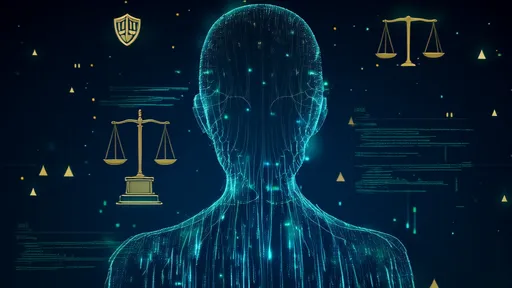
By /Jul 31, 2025
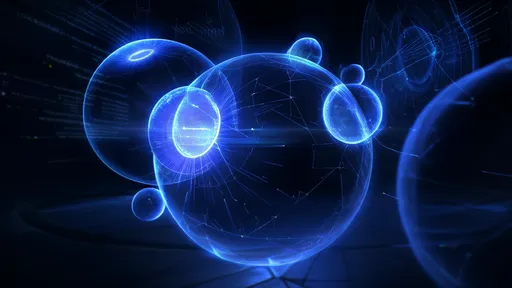
By /Jul 31, 2025

By /Jul 31, 2025
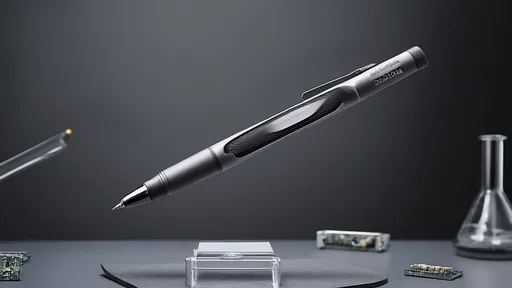
By /Jul 31, 2025

By /Jul 31, 2025
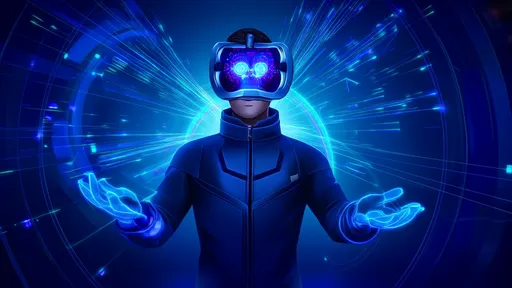
By /Jul 31, 2025

By /Jul 31, 2025

By /Jul 31, 2025

By /Jul 31, 2025
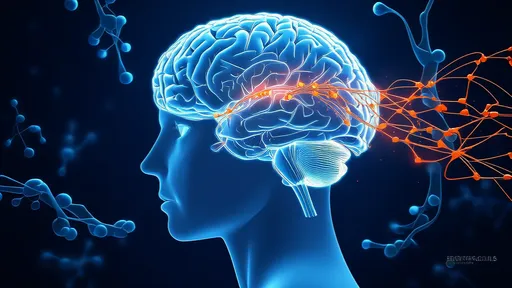
By /Jul 31, 2025

By /Jul 31, 2025

By /Jul 31, 2025

By /Jul 31, 2025
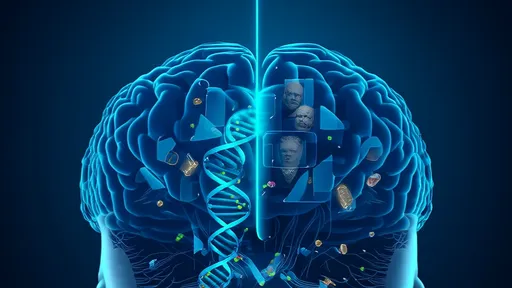
By /Jul 31, 2025

By /Jul 31, 2025
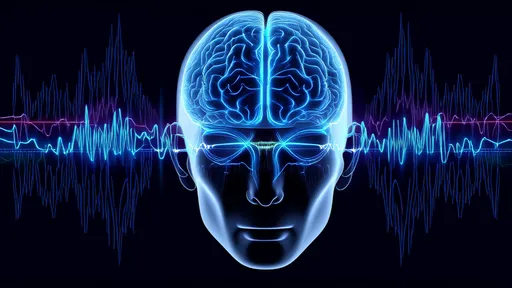
By /Jul 31, 2025
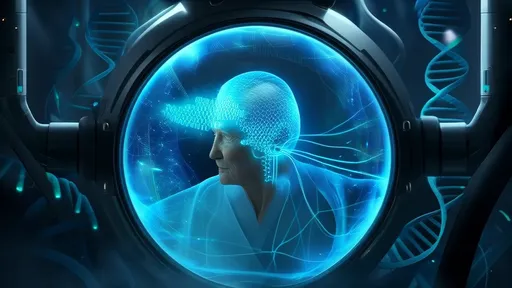
By /Jul 31, 2025